CONTACT
P. 405. 603. 6622
F. 405. 722. 3244
E. info@speechpathway.net
LOCATION
8007 NW 122nd St.
Oklahoma City, OK 73142
HOURS
Monday – Friday
7:30 a.m. – 7:00 p.m.
Menu

We have so many patients at Speech Pathway who have long journeys that require incredibly hard work from their entire family and we want to start recognizing them for the effort they put in daily! Each month we’ll be highlighting up to 10 patients who have shown so much improvement throughout their marathon in speech therapy. See our amazing April patients below!
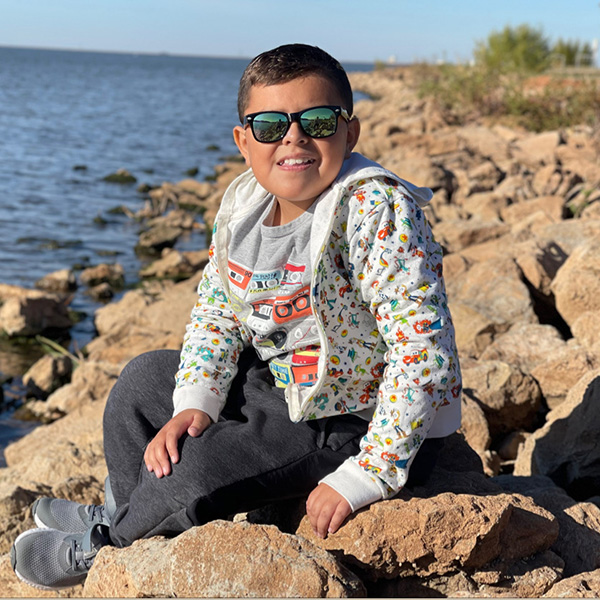

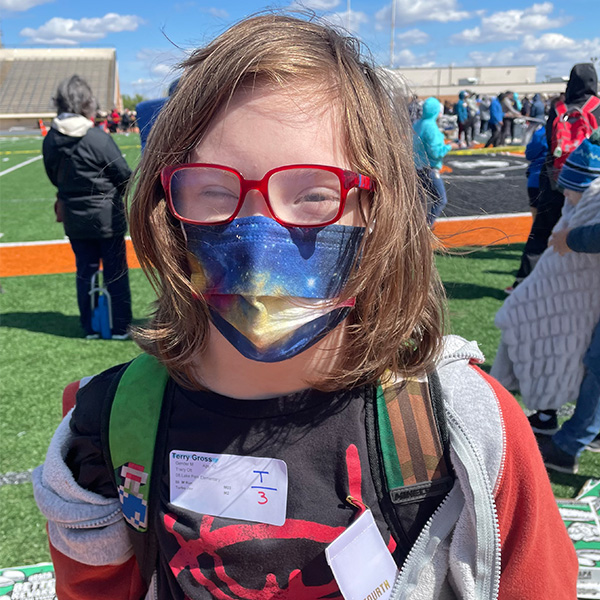
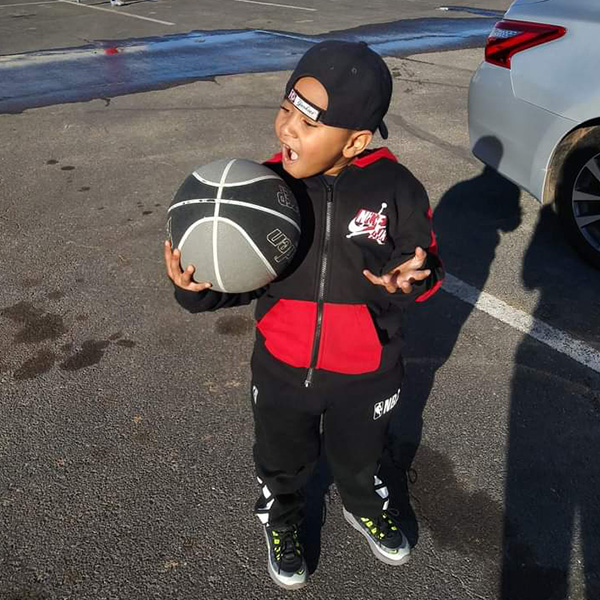
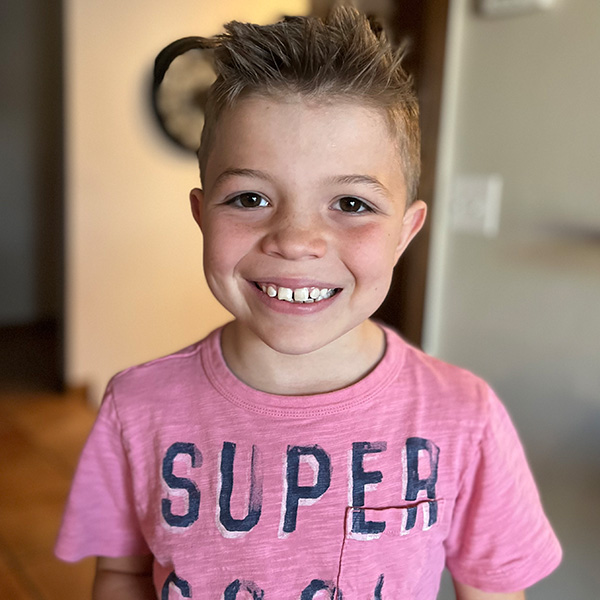

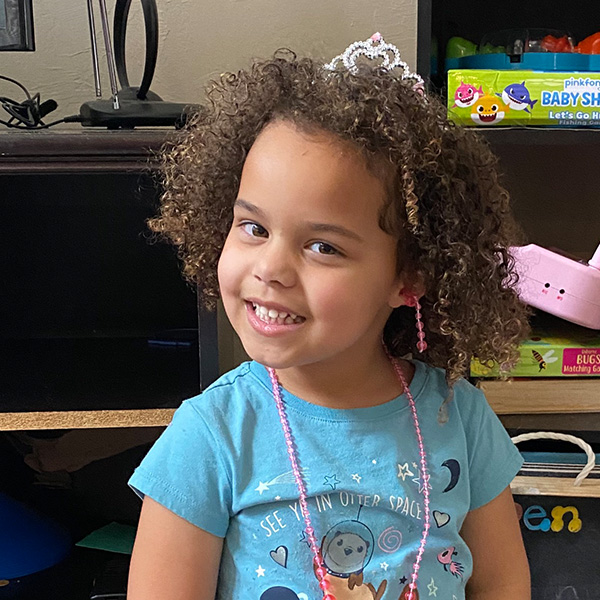
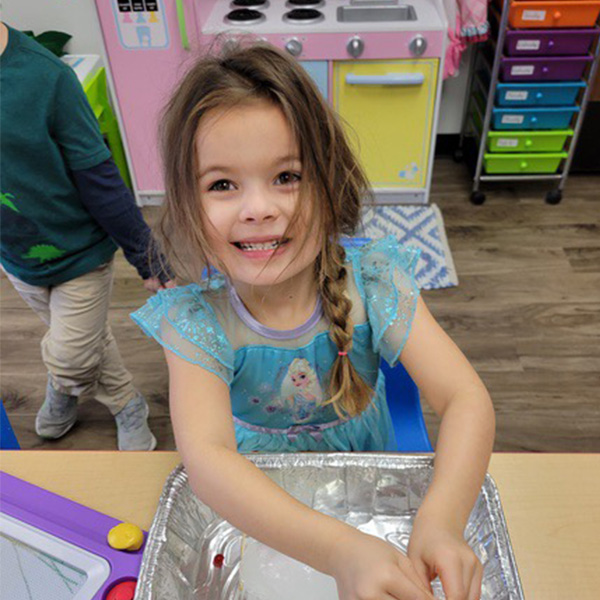






May is apraxia awareness month, so we wanted to take the opportunity to provide a bit of education on our many friends we see with childhood apraxia of speech:
It’s important to note that not all of this information relates to every child with CAS. Each child is different and this is only meant to promote education and awareness.
American Speech-Language-Hearing Association. (2022). Childhood Apraxia of Speech. ASHA. https://www.asha.org/public/speech/disorders/childhood-apraxia-of-speech/
Mayo Clinic. (2022). Childhood apraxia of speech. https://www.mayoclinic.org/diseases-conditions/childhood-apraxia-of-speech/symptoms-causes/syc-20352045
National Institute on Deafness and Other Communication Disorders. (2022). Apraxia of Speech. https://www.nidcd.nih.gov/health/apraxia-speech
https://www.mcri.edu.au/sites/default/files/media/documents/cres/fact_sheet_childhood_apraxia_of_speech.pdf
This month, three incredible families took the leap to share their story with you on their journey with Childhood Apraxia of Speech. As we mentioned above, CAS differs from child to child, so it’s important to see the differences in the paths these families have walked.
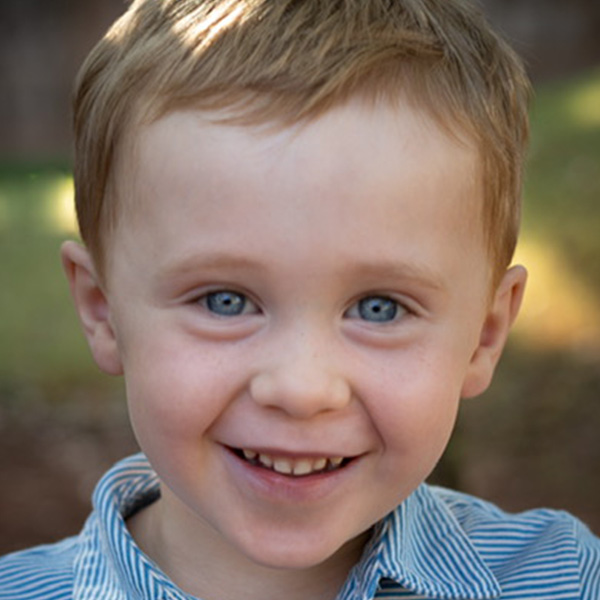
Our son’s name is Beau and he is currently four years old. Our journey with apraxia of speech started a little over two years ago, with Beau being diagnosed formally with CAS around 3 years old. We began to really pay attention to Beau’s speech between 18 months to 2 years old and started to see him missing milestones as far as speech was concerned. We knew it was much better to intervene and get therapy sooner rather than later. Beau started therapy about 3 months before we welcomed our 3rd child so while it was overwhelming, we also were glad to have started down the path to getting him help for his speech. Currently we take Beau to therapy twice a week and he also qualifies for the early intervention program in our local school district, so he receives speech therapy with them once a week as well. In all, he has speech therapy three times per week.
As a parent, it’s been tough. Just the normal day to day tasks are overwhelming, then you throw in the therapy along with added worries and some days it just feels like too much. There have been nights I’ve cried just wondering how Beau will make friends, answer teachers’ questions, or have his basic needs met when we aren’t around if he can’t articulate each of those things. He makes progress each week, but the worry remains. I want everyone to see and know that Beau has the sweetest demeanor and loves loves loves to be outside. He is very perceptive and loves to sing! Beau loves to feel included and is willing to try just about any activity as long as he has the encouragement of those around him.
While Apraxia affects a child’s speech it does not hinder their intelligence. I feel sometimes that when people hear Beau speak they put him in the category as intellectually delayed, but he just has difficulty saying the sounds he wants to communicate. He has done so well in a typically-developing classroom with little to no assistance this year. Every little step, word, and phrase is a HUGE milestone to be celebrated. We’re learning this journey is long–speech can not be fixed overnight. Some days you’ll feel like you’re on top of the mountain and other days it’ll feel like you’re on the never-ending climb up. The best thing anyone can do is not ask “what’s wrong” but be encouraging to the child and empathetic to the parents. I know there will be a day when Beau is able to sing with everyone understanding, talk about all of his favorite things outside, and tell everyone about his day. Until then, we’ll work and wait patiently!
~Bridget P.

Emerson is our vibrant, kind, 8 year old daughter. She started speech therapy at 2 ½ years old and was diagnosed with apraxia of speech when she was 3 ½ years old. Emerson started with once a week speech therapy for a language delay. She would play and try to repeat words with the speech pathologist. After almost a year she had made very little, if any, progress. Right before turning 3, the speech pathologist said Emerson might have Apraxia. We had no idea what that meant but decided to explore options for testing and treatment. After her diagnosis, therapy changed to more facial cues and modeling. She participated in Camp Communicate (now Intense Academy) for two weeks, then twice weekly private speech therapy and two sessions a week at school. We practiced sounds and motor planning at home and learned how to help cue her. There were definitely some struggles and obstacles along the way. Some sounds were so hard and she would get frustrated and refuse to try while others came more quickly. We practiced some sounds so much that she would start to correct herself during play. Within a year, we decreased her private therapy to once weekly and she continued to succeed and master more and more sounds. At 6 ½ years old she graduated from private speech therapy and was able to discontinue her IEP at school at age 7 ½. Emerson has the best heart. She has never met a stranger and loves to talk to anyone who will listen. She makes friends wherever she goes, young and old. She loves to sing and read books. She has proven to us all she can do anything she sets her mind to. If you met her today, you might never know she had to work so hard for every word.
There have been many tears along the way, from her and from us. There were many times when others would comment on how she said something like she had an accent or she made a funny face or how they didn’t understand her, but Emerson never seemed to let that stop her or bother her. We had no idea what Apraxia of Speech was before Emerson was diagnosed and neither did anyone we knew. Not every child will start talking when they want to. Early intervention and lots of therapy, practice, patience, and encouragement helped Emerson so much. Emerson always knew what she wanted to say, even when she wasn’t able to say it. She also heard and understood every word anyone else said to her or about her. There were times when we were all exhausted from all the appointments and constantly working on cues and sounds but it was worth every second, every late night, every tear to hear her speak all the thoughts and all the words we had missed for the first 4 years of her life.
~Tesa J.
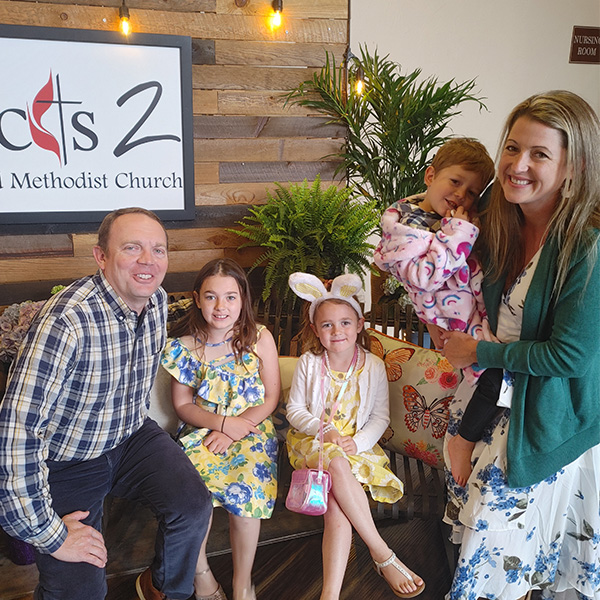
My feelings on our family’s Apraxia journey may be the most loaded question I’ve ever been asked, so get the popcorn ready.
In 2013, my husband and I were blessed with a wide-eyed beauty we named Hadley Grace. We were typical anxious rookie parents. H started at Book Babies in our Northwest Denver neighborhood library at 2 weeks old, music class at Altitunes at 1 month old, and swim lessons at the Y by 6 months old.
The plight of a first child is that the comparison bar is unattainable. I didn’t know what comments to ignore–they all stung. It wasn’t that she was breastfed, or that I spoiled her, or that we didn’t do x, y or z enough; by 2 she had very few recognizable words to an unfamiliar listener. Her paternal grandfather was a late-talker and now at 74 exhibits word-finding and dyslexic traits, so even the people in the world that loved Hadley most greeted us with criticisms and ill-informed advice, including the “Einstein didn’t talk until 4,” or “I didn’t speak forever, barely graduated high school.” By Hadley’s 18 month check up, I was confident enough to insist on an evaluation from an expert.
Little known fact: services for early intervention are free and often in-home and on a friendly schedule from 0-3. Our first SLP, Rachel, came to our house Mondays at 9 am from Hadley’s second to third birthday. Rachel was confident Hadley’s communication skills nearing her third birthday were indicative of a language blossom just around the corner and thought maybe she wouldn’t even qualify for the next step of services. At that point in Rachel’s early intervention tenure, she had only seen 2 kids that turned out to have CAS and their comorbidities were noticeable by this stage. In Colorado, at 3 years old if you still qualify for services, you next attend a preschool program in a local elementary school. I was forced to send my preverbal 3 year old to our non-homeschool for 3 hours a day to better progress her development. It was terrifying. Would she have bathroom accidents? Would she be bullied? Would she cry all day because she couldn’t tell friends her name? However, something kind of beautiful happened that year. Her class was primarily filled with ESL students and the peers that spoke Mandarin or Hindi didn’t think of H as behind or insignificant; they just thought she spoke Hadley.
I often felt judged by her school SLP, like it was my fault that we weren’t doing flashcards enough so she wasn’t progressing significantly. Unfortunately that was my insecurity showing. A school SLP has to be so wise to so many disorders and was trying to eliminate certain ailments. Mrs. Judy, the school SLP, was also bound by so many legalities. One day, her school SLP handed me a print out on Apraxia. On the top was written the woman’s name and cell phone number that another student of hers saw for additional help. Mrs. Judy tastefully implied that summer speech for Hadley was imperative.
This put Ms. Deb in our life. Ms. Deb was a school SLP in an adjacent school district with specialties in deaf and hard of hearing as well as Apraxia. Hadley was a few months shy of 4 years old at the time and baby sister Tenny was 4 months old. Deb became a pseudo-grandma figure in our lives. She swooped into our house 3 afternoons a week with her knack to pull off my dead flower petals and her Mary Poppins bag of speech gear. It was Hadley’s fourth session with Deb and her comment of, “this girl doesn’t know she has a tongue, let alone its placement in her mouth,” that left me deflated. I asked “If this was your child what would you do?”
People bound by legalities often feel called to act when you make your situation personal to them. This is where she put me in touch with one of her client’s mothers; another school and private SLP who had started a blog as SLP Mommy of Apraxia. A $300 evaluation on a Saturday morning when my husband was traveling for work with a newborn in tow revealed Hadley had severe Childhood Apraxia of Speech. I felt alone and helpless. I tried to find books, research studies, Apraxia Kids webinars, anything that gave me direction and also set up proper expectations for the future. I never felt my questions were properly answered or that I was prepared. I left that phase knowing I just had to make the investment in proper and intense speech services and that was the best I could do. I had envisioned going to the Apraxia Conference but having three young kids made that near impossible so I had to find another way to be in the same room with these minds. The Walk for Apraxia used to reward the cities that raised over $30K with a parent seminar in their home city. I knew the woman running Denver aspired to hit that reward level and I volunteered to procure items for the silent auction. When I got the kids to bed, I would feverishly email and run all over town to do pick-ups. And we did it–twice! It was truly an honor to hear Dave Hammer speak before his retirement.
I also have signed my kids up for a few research studies. Duquesne University sent out Dr. Megan Overby to observe Hadley’s literacy skills at the start of kindergarten. The University of Melbourne professor, Angela Morgan, also skyped with both girls and we all submitted DNA spit vials to help with her genetic links to Apraxia study. During that time, I also reached out to a mom who invited me to my first Apraxia Walk. At the beginning of our neurodiverse journey, I often felt martyred or robbed of what, thanks to social media, seemed like my peers’ parental experience. As I volunteered more with Apraxia Kids functions, I realized the awesomeness of my kids’ diagnoses. I had a level of involvement and community way bigger than I could have ever expected. This world of kids, researchers, therapists, and parents filled my bucket and we were accomplishing real change.
We’ve continued the regime. At one point between all 3 kids, we had 13 services per week. Hadley received speech and OT services at school, saw Deb at our home twice a week, Laura in her office once a week, and OT Mallory once a week. Prior to Mallory, an OT once said to me, “adding some swing sessions to this kid’s routine will have her speaking in no time,” and again, I felt inferior to handle my child. That was a low; if love and routine would “fix” my child, we wouldn’t be here. And that’s when things shifted. Nothing was wrong with my child; I had to teach the world to learn how to speak her language.
We had Apraxia heavy hitters in our life throughout child #2’s (Tennys) development. While Tenny was in utero, frequent conversations included the worst possible names we could use for a baby for big sister to approximate. Passing comments would be made that she was a different animal than big sister but by two she also qualified for early intervention speech with Rachel in our home. I should mention, Rachel is now a mom to a child of CAS. Tenny’s behavior and sensory concerns seemed paramount in her problems acquiring speech. Early-intervention also put an OT in our life. There was reflex integration, compression vests, brushing techniques. Tenny also had her adenoids and tonsils removed, as an ENT thought she had sleep apnea and the size of her adenoids and tonsils were creating attention and irritability problems. The same SLP that diagnosed Hadley at 3 years, 9 months with Apraxia, diagnosed Tenny the week of her third birthday.
The girls were joined by a brother in 2018, Ripken, with a terrible name for a kid with Apraxia to pronounce. With family history and an asymmetrical crawl, he began early-intervention services at 9 months. Despite our family’s leaving Colorado for Sooner State Oklahoma, the same SLP that diagnosed Hadley and Tenny, diagnosed Rip with CAS at a Denver Embassy Suites at 2 years, 10 months.
We moved to Oklahoma the night the Thunder game was excused with the first COVID scare, so my kids didn’t get the head-starts on friendships that we hoped moving over spring break would allow. Rip’s early-intervention, which was set up months before we left Colorado, fell through the cracks. My emails and calls would go unanswered and I would get mail notices of service coordinators changing and they will reach out soon. That when I called Joy Hofmeister myself and two days later, Rip started seeing Kourtne 45 minutes weekly on Zoom, despite her living in the neighborhood catty-cornered to mine. Zoom speech with a toddler was difficult, but it taught us resilience and dedication and Rip still grew attached to his provider.
At 3 years, 2 months Rip began private speech 2x a week and he gets 1x a week at the girl’s elementary school.
When my husband told us we had to move our kids again, I was deflated. What my kids’ services looked like was my primary concern, but the Apraxia world is a small, mighty contender. I reached out to an active Apraxia mom in McAlester and she offered a few clinics as suggestions. Kent at Speech Pathway talked me through Oklahoma’s school systems and frequent IEP challenges here and we fell into a smooth transition despite the pandemic and Zoom.
The journey has highs. Tenny is halfway through her kindergarten year and is now within normal limits for speech and language and will graduate private services. Hadley is a social butterfly in the choir, a top girl scout cookie seller and soccer player. Rip is still working on CVs but with a repertoire of signs, gestures, words and AAC to communicate his basic needs.
We still have our lows, even kids that are within normal limits still have Apraxia, so incorrect prosody can earn you some enemies in second grade. I used to have this FOMO or jealousy of my typically-developing friends’ kids, whose days were filled with pools, parks, soccer, and everything else. That has subsided and I would choose this path 99% of the time. My 3 year old is so proud when he “gets it.” I used to keep this wall up; vague answers, no personal insight. In a successful system, the personal and professional lines get blurred because we have to get a little messy and be very honest to work together to help these kids find their voice. I am 3 for 3 with kids with Apraxia and each one of them is so very different. The secret is to find your tribe. That may look different to every family: professionals that love your kids as much as you do (shout out Mrs. Amy at Speech Pathway) and family or friends in-person or online who have been there and can offer solutions. On hard days, I remember this is a marathon, not a sprint. It’s ok to take breaks, but I have to do everything in my capacity until my kids have the strength to advocate for themselves. The world chose you to be their parent; to nurture them and to gift the world their beautiful presence.
~Jessica T.
We’re so thankful to have families willing to share their stories to create a community as well as raise awareness for other families and children with apraxia of speech. If you’d like to dive more into the community, you can sign up for the Apraxia Walk (IT’S FREE), happening October 1st from 9am-12pm. If it’s in your heart, donate to Apraxia Kids as well to help with research and resources for families with children with apraxia of speech.
Thank you to everyone who came out to our sensory movie to watch Sing 2. We loved having you!

The time for the Piece Walk is approaching! It will be held on Saturday, June 4, at 6:30pm at Scissortail Park. You can join our team for the Piece Walk here. It’s free to sign up, even if you can’t make it! We’d love your support for our families who care for someone on the autism spectrum. If it’s in your heart, donations go toward resources for families as well as advocacy and awareness.
Make sure to purchase your Harry Potter shirt for this year’s Pieace Walk! They will be $25 and can be purchased online by clicking “Order Now” below. Pre-orders are due by May 16!
We all know the importance of home practice when it comes to speech therapy, but sometimes finding the time can be really difficult! Here are some options of when to incorporate home practice:
CONTACT
P. 405. 603. 6622
F. 405. 722. 3244
E. info@speechpathway.net
LOCATION
8007 NW 122nd St.
Oklahoma City, OK 73142
HOURS
Monday – Friday
7:30 a.m. – 7:00 p.m.
